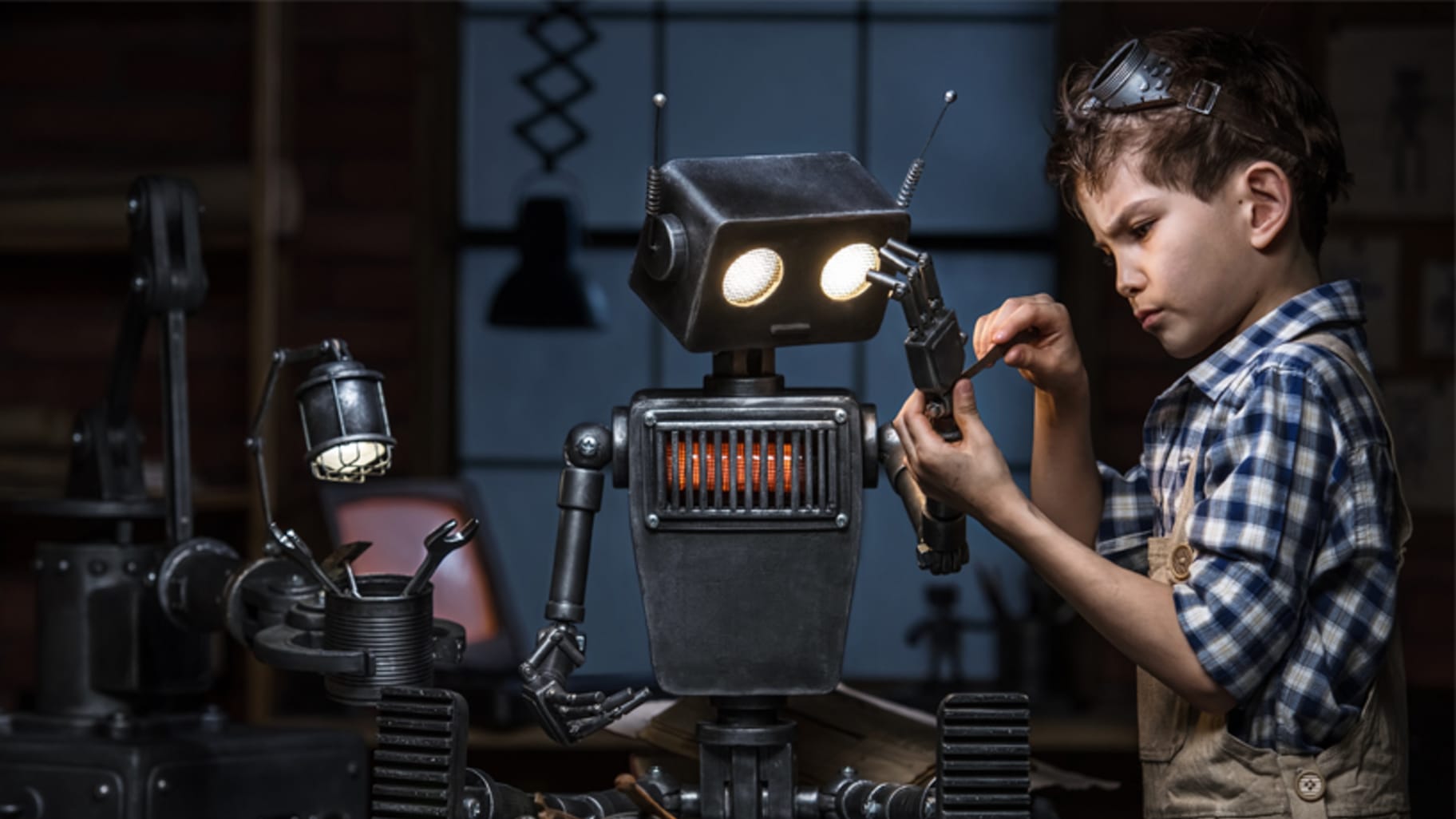For most people, living with change is a given. Looking back, our whole life is shaped by it. But if we look ahead and ask if anyone is game for a few more changes, almost no one volunteers. Transformations can be annoying! We love our routines, since they’re already the result of new developments for which we had to pay a price. And yet, as humans we have to continue onwards, and therefore a few volunteers boldly venture into unknown territory while others maintain the status quo. And both are important to keep the overall pace on track.
There are large, profound and collective transformations overarching these individual processes. Almost 700 years ago, the Middle Ages slowly melted away with the Black Plague pandemic and the 100-year war in Europe. The prevailing strategies at the time for coping with major world changes collapsed, and new perspectives and convictions became necessary.


There is no doubt that, in the future, we’ll be seeing even more of these platform services. Their makers are successful at “seeing more”. They dissolve boundaries that we ourselves set. They realise that everything is related with everything, and in doing so they do a great service for the benefit of humanity. Once we understand our existence as existence within a system, we can also systemically influence our environment. We can then see that we are a “part” that matters. When it comes to leading organisations, this turning point towards the future holds special tasks in store. The management of the future will centre around the good moderation of heterogeneous groups. To prosper, these “merely” need to be offered something meaningful, and at the same time all the right conditions. Because everyone wants to grow. Even if it means change.
Does it perhaps sound a bit idealistic? Only if the demarcation between employer and employees still exists in individuals’ minds. Not everyone wants to be anentrepreneur, but everyone wants to develop his or her talent and put it to service for a cause with greater importance. What kind of great cause can this be? For example, a visionary idea. An idea that mobilises all creative forces and helps to further stretch the limits of what is possible. And one can be proud of this and motivate others to do the same. In this way, change does not become a burden, but rather a motivation. And that can be quite contagious. The future is what we make of it. And it’s only a good future if we don’t leave anyone behind in our great system.
About the author: Kim Christopher Birtel works as a freelance strategic planner, mediator and mentor in change processes. Since 2014, he has also supported the Schubert Group under the direction of the Ruess Group. His work focuses on determination processes, leadership skills and strategic consulting.



